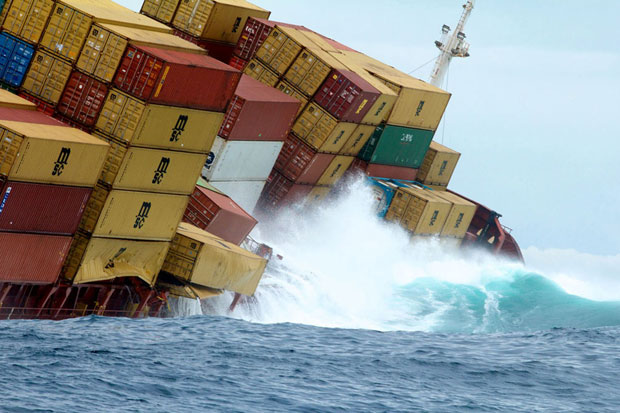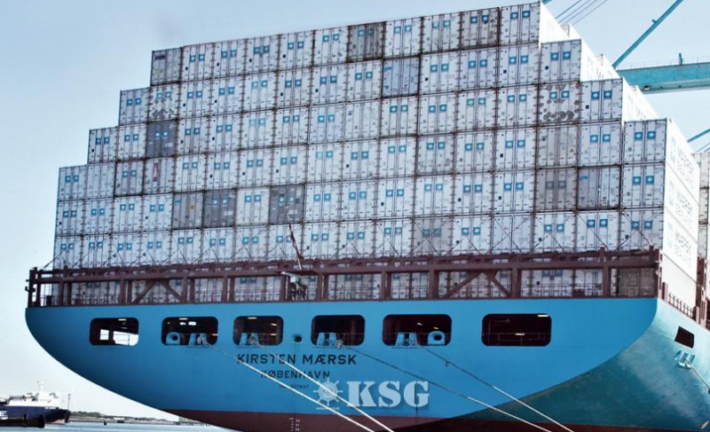HOW THE CARRIER MUST EXERCISE DUE TO DILIGENCE TO CONTAINER CARGO AT SEA

The shipping carrier must perform sea transit agreed in the carriage contract made with the shipper, whether this is a contract evidenced by a bill of lading or a charter party or other document.
Where the latter is evidenced and The Hague Rules, Hague-Visby Rules or Hamburg Rules are expressly incorporated by statute or agreement into the contract terms, the carrier’s duties will be those set out in the relevant rules.
In the case of The Hague and Hague-Visby Rules which is mostly used, their article 3 states that carrier must “…properly and carefully load, handle, stow, carry, keep, care for, and discharge the goods carried”. This means he must exercise due diligence to the cargo up to its arrival at the port of discharge and must therefore maintain proper procedures concerning the care of the Cargo.
While at sea, the ship is subjected to heavy rolling and pitching, which can not only disturb the cargo but also upset the stability of the ship and the cargo it carries. Therefore, here are some of the following Important points which must be observed when taking care of cargo containers while at sea.
CHECKING REEFER CONTAINERS
All reefer containers must be checked and monitored at least twice daily for proper functioning. Frequent checking is required in case of special or “VIP” refer cargo containers or units which are suspected to malfunctioning.
CHECKING CONTAINERS WITH DANGEROUS GOODS
Dangerous or hazardous goods carried in containers must be frequently monitored at regular intervals of time, especially in times of bad weather. Leakages and damages must be frequently checked on Dangerous goods containers while the ship is sailing.
CHECK CARGO (CONTAINER) LASHING
The condition of Container lashing should be checked daily and tightened as required. Proper container lashing is one of the most important aspects of securing cargo safely on the ships. Every officer in charge of cargo loading and unloading must know and understand the important points for safe container lashing.
In case of Heavy weather or that the ship is about to enter rough sea, more frequent lashing checks to be carried out and additional lashing has taken as necessary.
AVOID WET DAMAGE OF CARGO
When the ship is sailing at sea, careful sounding of cargo hold bilges is paramount to early detection of potential damage to cargo, as heavy weather might result into damage of cargo because of leakages from water and oil systems. Such kind of damage to container ships is known as wet damage. Water from rains might also get accumulated inside the cargo hold and damage the cargo in lower tier containers in the cargo hold.
Regular sounding of cargo hold bilges is of very high importance for early detection of problems related to water or oil entry into cargo holds. Bilge sounding should be carried out at least once a day in normal weather. When at the port, cargo hold bilges ought to be drained into a holding tank where provided and pumping overboard should be avoided. Always check local regulations.
AVOID CARGO & HULL DAMAGE:
Sometimes, it might so occur that in spite of observing due diligence, damage to cargo or the ship’s hull would take place. In such cases, the master of the ship must take the necessary precautions to minimize the damage by making appropriate entries in the Ships Log Book and preserve all relevant records. These records will include, navigation charts, navigational and meteorological equipment records, printouts, weather reports, and other related documents.
A master’s report on the damages sustained must also be made along with a sea protest which is to be produced at the next port before a notary public.

